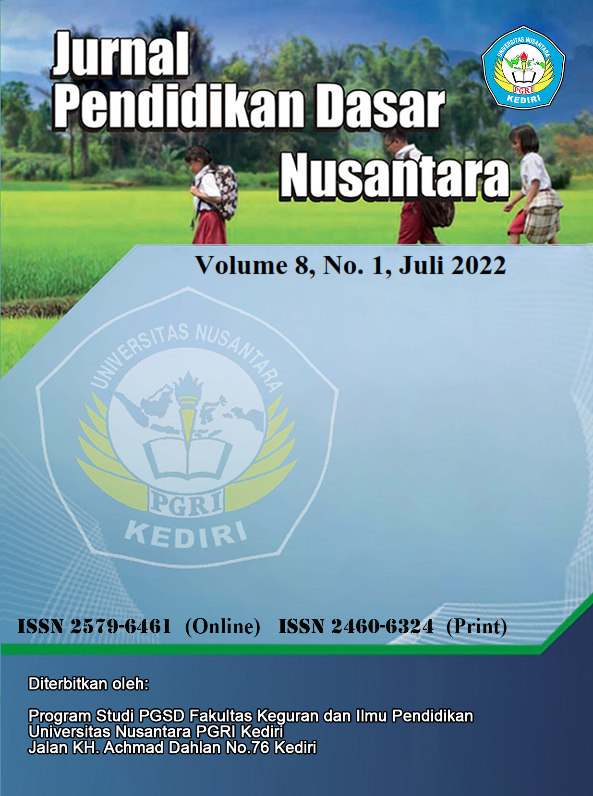LIBE 477 Reading Review Blog Post #2
5 Resources
Connecting to Media Literacy for Student and Teacher
In my first reading review blog, I discussed topics that I would like to learn more about through this course. To follow through with my chosen paths, I have found 5 various resources that will become my citations for future research in media literacy, social media, and inquiry-based learning.
Journal
This article by Arenlia Dwiyasa discusses the importance of teaching digital literacy to elementary students and how that can be achieved. Dwiyasa provides details of their research conducted in several schools as well as evidence. They state that students are having a difficulty time analyzing and choosing valid information online, which may cause future hardships in the real world. Thus, Dwiyasa proposes that more instruction and programs on digital literacy are needed
Article was found through UBC Library database
https://ojs.unpkediri.ac.id/index.php/pgsd/article/view/18278/2812
Blog
This blog, “20 Tips for School Social Media,” by Alyson Keenze is a guide for creating an effective school media account. I have stated in my previous blog that I would like the opportunity to create social media accounts for my school to communicate with the local community and show the library’s story, especially the student learning that occurs in this space. Keenze provides a detailed blog on the procedures in making a school social media account, the tools that are available, how to connect with the community, and what is expected from a school-orientated account. She also highlights the safety and privacy procedures to protect the school community. Lastly, Keenze emphasizes the need for teacher collaboration when making a school account.
https://blog.schoolmint.com/20-tips-for-school-social-media
Video
In regards to my exploration of inquiry-based learning, I came across this video posted by a BC teacher, Trevor MacKenzie, who discusses what this kind of learning is and how to implement it in the classroom at the start of the year. He goes into the meat and bones of teaching inquiry-based learning and the expectations teachers should have for their students. MacKenzie has also created posters of various inquiry-based learning in different school environments, including libraries.
Government Document
For further format and structure of teaching digital literacy across multiple grades, I will refer to BC’s Digital Literacy Framework. This document supported by the BC curriculum is a great guide to how digital literacy should be taught in each grade. It supplies great questions for teachers to start with and grade-appropriate goals that students should be meeting when learning about digital literacy. The document covers a variety of topics related to digital literacy, such as cyberbullying, copyrights, ethical and legal conduct, digital reputation, self-image, and research and information literacy. This covers a lot of topics that I have chosen to explore.
Podcast
I have listened to a very interesting podcast with experienced teachers and district staff discussing student online safety and championing for student creativity on social media. The speakers give advice on procedures to protect students and their privacy, as well as how to instruct students on these serious issues and the tools provided. Their discussion also emphasize advocacy for student voice and creativity. The speakers provide valuable information on how teachers and librarians can implement digital creativity in the school environment. .
Works Cited
Dwiyasa, Arnelia,
et al. “Analysis of information Processing Capabilities and Digital Data on
Digital Literacy Skills of Elementary School
Students.” JURNAL PENDIDIKAN DASAR
NUSANTARA, vol. 8, no. 1, 2022, pp. 28– 37,
https://doi.org/10.29407/jpdn.v8i1.18278.
Keenze, Alyson. “20 Tips for School Social Media.” SchoolMint Blog,
21 July 2022,
blog.schoolmint.com/20-tips-for-school-social-media.
MacKenzie ,
Trevor. Newsletter: Starting the Year in Inquiry. YouTube,
Youtube 21 Aug. 2022,
https://www.youtube.com/watch?v=oQiDKE5Bggk&t=6s.
Accessed 19 Sept. 2023.
Ministry of
Education and Child Care. “BC’s Digital Literacy Framework.” Province of
British
Columbia,
Province of
British Columbia, 15 Mar. 2022,
“‘We Want Them to
Be Creators over Consumers’ ” Smart Social Podcast: Keeping Students
Safe so They Can Shine Online, created by Josh Ochs , 7 Sept. 2022.



You have curated, linked and annotated a strong list of resources to support your inquiry. Your annotations are detailed and thorough and the multimedia inclusions provide good takeaways for your reader. You might want to consider ending your posts with some narration. Personal, reflective dialogue, helps the reader understand where you are in your learning journey and keeps them coming back to connect with you.
ReplyDeleteThank you Claudia for the podcast suggest! I'm always looking for good podcasts to listen to. Focusing on being creative online rather than merely consuming information is a good goal for all of us.
ReplyDeleteAlso - I always enjoy hearing from Trevor MacKenzie - a great reminder of the importance of inquiry-based learning in our schools and always inspirational.